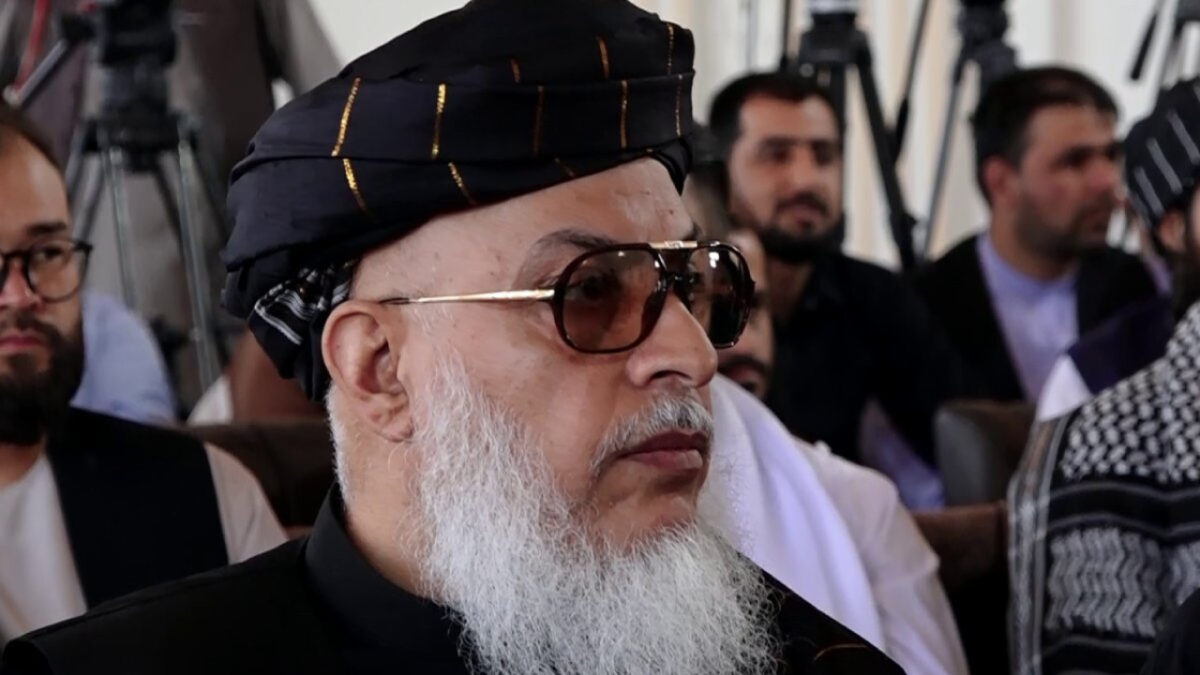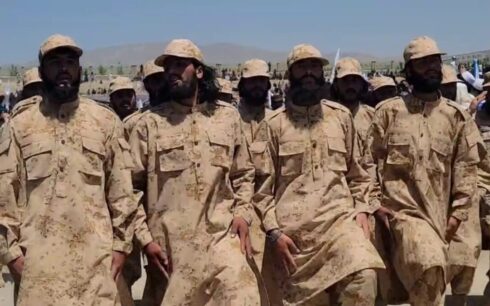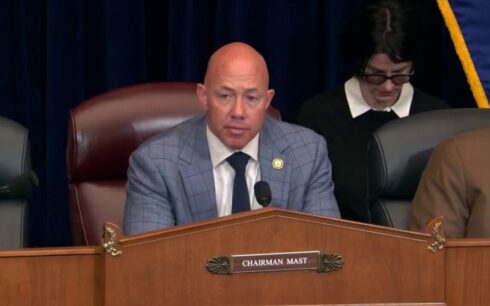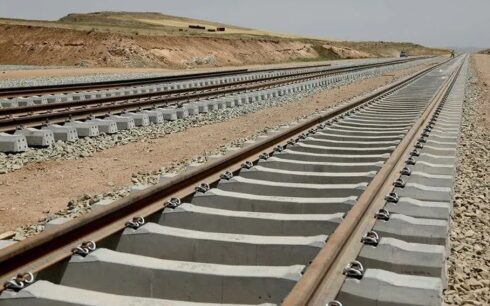KABUL — Abbas Stanikzai, Taliban’s deputy foreign minister, has cautioned against treating the Taliban supreme leader, Hibatullah Akhundzada, with what he described as “prophetic or divine” reverence, according to an audio recording of his remarks that recently surfaced.
Stanikzai said in the recording that Akhundzada remains the leader of the Taliban only as long as he adheres to “the path of God.” He also warned that Afghanistan’s history has seen many leaders like him and that the country should not be destroyed for his sake.
“You are our leader only as long as you walk in the path of God,” Stanikzai said in the recording, the time and location of which remain unclear. “If you stray even one step from God’s way, you are no longer my leader, and I do not recognize you.”
His comments mark the latest sign of internal rifts within the Taliban’s ranks. Last month, Stanikzai publicly criticized the continued closure of schools for girls, arguing that there is no religious justification for the ban. In his latest remarks, he appeared to indirectly reference the Taliban’s restrictions on women’s education, saying that not every order issued by Akhundzada should be considered absolute.
Since returning to power in 2021, the Taliban have imposed sweeping restrictions on women and girls, barring them from secondary and higher education as well as most forms of employment, including medical training. The policies have drawn widespread condemnation from the international community and deepened Afghanistan’s isolation on the global stage.
As divisions within the Taliban leadership grow, political opposition outside Afghanistan is also gaining momentum.
The National Resistance Council for the Salvation of Afghanistan, a coalition of exiled Afghan politicians, has announced that its representatives recently met in Ankara, Turkey, with Kimberly Lowe, a U.S. Senate candidate from Virginia, and Aziz Sadat, a senior adviser to the Global Peace Foundation.
According to a statement from the council, the meeting focused on renewed U.S. efforts to support the formation of an inclusive government in Afghanistan. The group cited Lowe as saying that the Trump administration intends to prioritize Afghan peace efforts.
“The new U.S. administration under Trump has placed Afghanistan’s peace process among its priorities,” the council’s statement read. “It understands the suffering and hardships of the Afghan people and is committed to standing with them in pursuit of a genuine peace and an inclusive government.”
Ehsan Nairo, a spokesman for the National Islamic Movement of Afghanistan, said that on Saturday, Marshal Abdul Rashid Dostum, a key opposition leader, hosted representatives from the United States Institute of Peace and the National Resistance Council in Ankara. The discussions, according to Nairo, focused on finding a sustainable pathway toward peace and stability in Afghanistan.
Lowe, however, has not explicitly confirmed that Afghanistan was discussed in her meetings. In two separate posts on X (formerly Twitter), she wrote only that she was in Turkey for “historic meetings” and “peace initiatives.”
The Trump administration has yet to outline its policy toward Afghanistan, beyond Trump’s repeated statements about reclaiming military equipment left behind in the country.
Meanwhile, diplomatic pressure on the Taliban is intensifying. According to sources, Washington’s increased economic and political pressure on the Taliban has coincided with internal rifts between the Haqqani faction and Kandahari Taliban leaders, particularly over the recent removal of Abdul Kabir as deputy prime minister and his reassignment to the Ministry of Refugees.
Adding to the Taliban’s challenges, the chief prosecutor of the International Criminal Court has reportedly submitted a request for the arrest of the Taliban’s leader and chief justice, a move that could further isolate the regime on the global stage.





